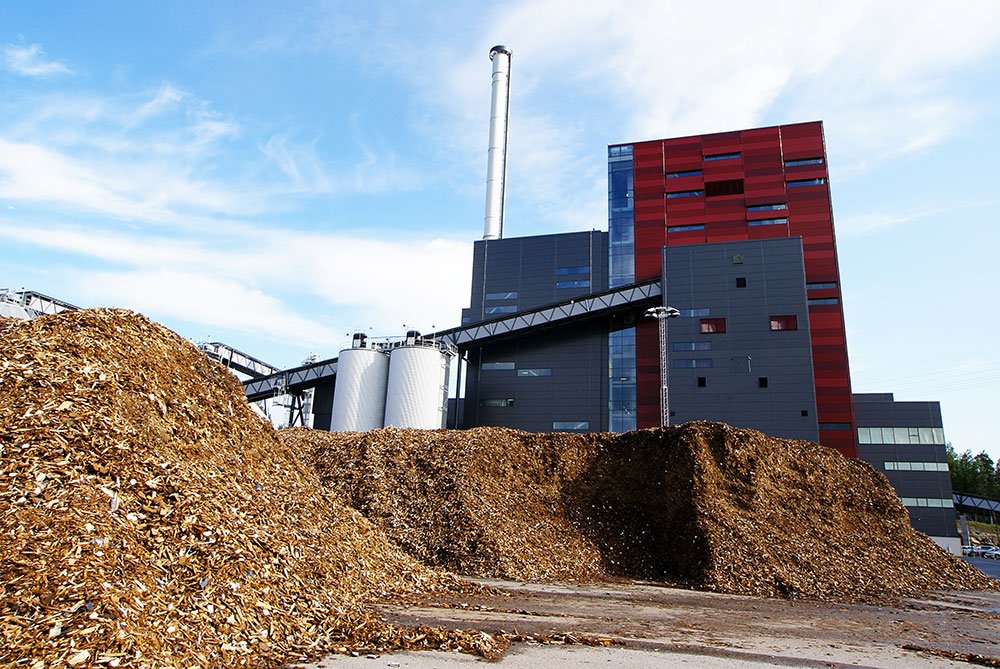In the dynamic landscape of renewable energy and sustainable manufacturing, wood pellet extruder machines have emerged as versatile and essential equipment.
These specialized machines are designed to transform various biomass materials, such as wood waste, sawdust, and agricultural residues, into dense, cylindrical pellets. Beyond their primary role in biomass fuel production, wood pellet extruder machines find diverse applications across several industries, showcasing their adaptability and potential for innovation.
Biomass Pellet Production for Heating and Energy Generation
The foremost application of wood pellet extruder machines is in producing biomass pellets for heating and energy generation. These pellets, derived from compressed wood waste or plant-based materials, offer a sustainable and carbon-neutral alternative to conventional fossil fuels.
Widely used in residential and commercial heating systems like pellet stoves and boilers, biomass pellets also co-fire efficiently with coal in power plants. This dual-use capability reduces overall carbon emissions and supports sustainable resource management through efficient waste utilization.
Animal Feed Production
Wood pellet extruder machines play a crucial role in the animal feed industry by processing agricultural residues into high-quality feed pellets. By subjecting raw materials like wheat straw, corn stover, and rice husks to extrusion, these machines enhance pellet density and nutritional value. The extrusion process improves digestibility and nutrient bioavailability, making the pellets a nutritious feed option for livestock and poultry. This application not only reduces dependence on conventional feed sources but also promotes sustainable waste management in agriculture.
Related post: https://www.richipelletmachine.com/biomass-pellet-project-cost/
Composite Material Manufacturing
In manufacturing, wood pellet extruder machines contribute to producing wood-plastic composites (WPCs). WPCs combine wood fibers or particles with thermoplastic polymers through extrusion, resulting in durable materials suitable for products like decking, fencing, and outdoor furniture. This process utilizes wood waste effectively and reduces reliance on traditional wood or plastic materials, promoting environmental sustainability in construction and consumer goods industries.
Biofuel Production
Wood pellet extruder machines are pivotal in biofuel production, converting lignocellulosic biomass into densified pellets for bioethanol and biodiesel production. This process enhances biomass handling, transportation, and storage efficiency, facilitating biochemical or thermochemical conversion processes for sustainable biofuel production. By supporting the development of biofuels from agricultural residues and forestry waste, these machines contribute significantly to diversifying the renewable energy landscape and reducing greenhouse gas emissions.
Soil Amendment and Horticultural Applications
Agriculturally, wood pellet extruder machines produce pellets from organic materials like wood chips and compost for soil amendment and horticultural use. Pelletized organic matter improves soil condition, nutrient availability, and water retention, promoting healthier plant growth and sustainable gardening practices. This application reduces reliance on synthetic fertilizers, enhances soil health, and supports environmentally friendly landscaping and agriculture.
Emerging Applications and Future Potential
As technology advances and sustainability demands grow, the applications of wood pellet extruder machines are poised to expand further. Ongoing research explores their potential in advanced biofuel production, biochar manufacturing for soil enhancement and carbon sequestration, and the development of novel biomaterials. These machines are crucial in innovating sustainable solutions across industries, contributing to resource efficiency and environmental stewardship.
Conclusion
Wood pellet extruder machines are pivotal in advancing renewable energy and sustainable manufacturing practices. Their versatility spans from biomass fuel production and animal feed processing to composite materials manufacturing and beyond, supporting diverse industries in reducing carbon footprints and promoting circular economy principles. By exploring and leveraging these versatile applications, businesses and industries can accelerate the transition towards a more sustainable, economically viable future.









